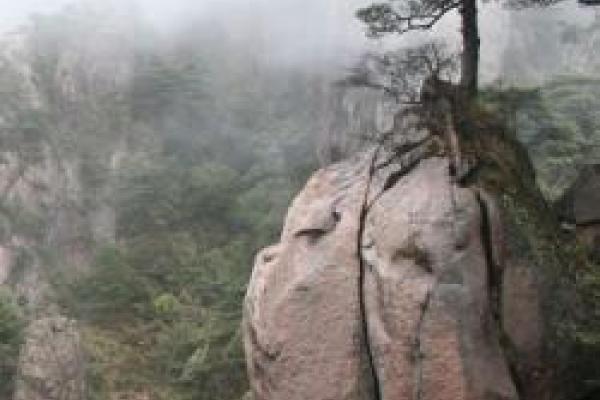
Institute for Chinese Studies presents the "Global and Transnational Experiences" Lecture Series
"ICS Conference: The Second Premodernist Grad Conference"
12:30-1:45 Keynote speech
Philippe Forêt: "Antarctica, China's Last Frontier"
Co-director, Environmental Humanities research team, Swiss Academic Society for Environmental Research and Ecology (SAGUF) Researcher (associate), Environmental History research group, Institute of Evolutionary Biology and Environmental Studies (EBES), University of Zurich
2:00-3:30 Session I
Alex Jania, "Burning Rice to Save Lives: Emotion and Morality in Early Modern Japanese Disaster Folklore."
Ayse Baltacioglu-Brammer, "Pro-Safavid Propaganda in Ottoman Anatolia during the 15th and 16th Centuries"
Cameron Shriver, "A World of Nations? European and Indigenous Political Concepts in Eighteenth-Century America"
3:30-3:45 Coffee break
3:45-5:15 Session II
Cary Barber, "Rome's Lost Generation: The Impact of Military Casualties on the Senate in the Hannibalic War"
Zeyuan Wu, "How Do We 'Read' Objects?: Rethinking the Connoisseurship of Qin Zither as A Musical Instrument in Late Imperial China"
Mark Boonshoft, "Pre-Modern Education and the Limits of Modernization in the American Revolution"
5:15-5:30 Concluding remarks
Abstract of Philippe Forêt's lecture:
I examine how modern cartography may support the traditional perception of the Chinese landscape by studying the rendition of that environment as far away from China as geographically possible. I discuss the ways in which map-readers can combine the metaphors of geomancy and modernity when they compare the maps that Chinese scientists have compiled on King George Island, Antarctica. Connotations, suggestions and discrepancies in the naming of the island features play a crucial role in my construction of a coherent system for the ancient interpretation of a newly built landscape. I can therefore explain how the metaphorical cartography of a site has assisted in creating a cultural environment that has subjectively displaced the physical environment of insular Antarctica.
Mapping Ancient Chinese Antarctica:![]()
![]() MappingAncientChineseAntarctica.pdf
MappingAncientChineseAntarctica.pdf
China's Rise and Antarctica: ![]() China's Rise and Antarctica.pdf
China's Rise and Antarctica.pdf
Co-sponsored: Department of History and Institute for Chinese Studies
